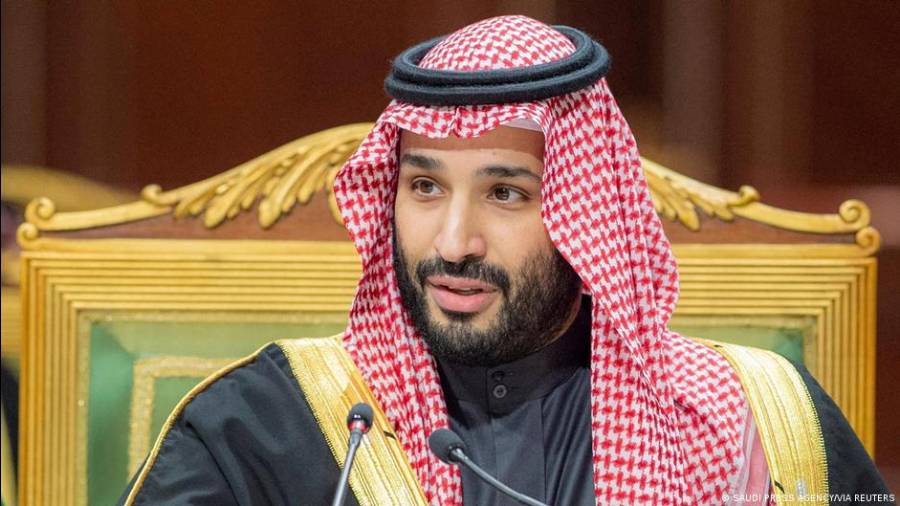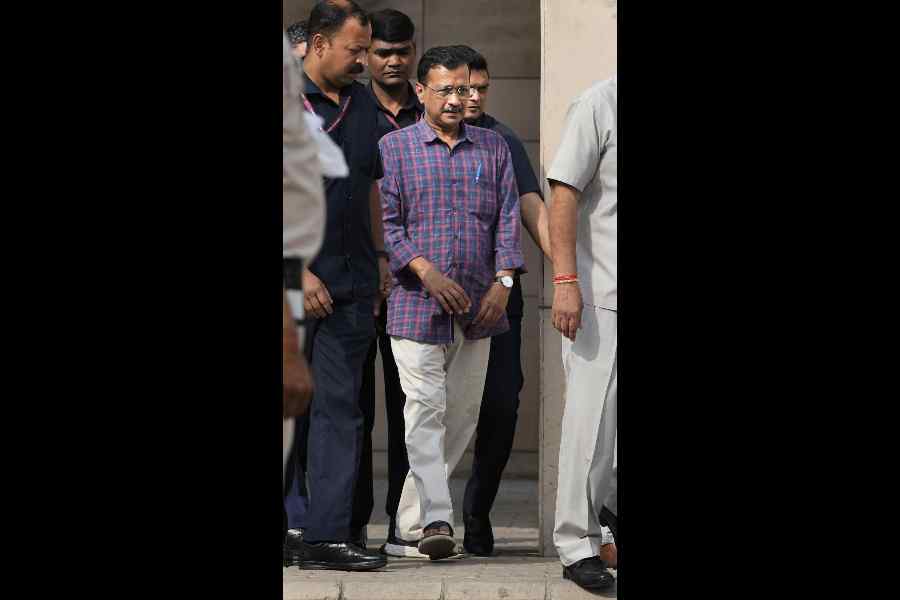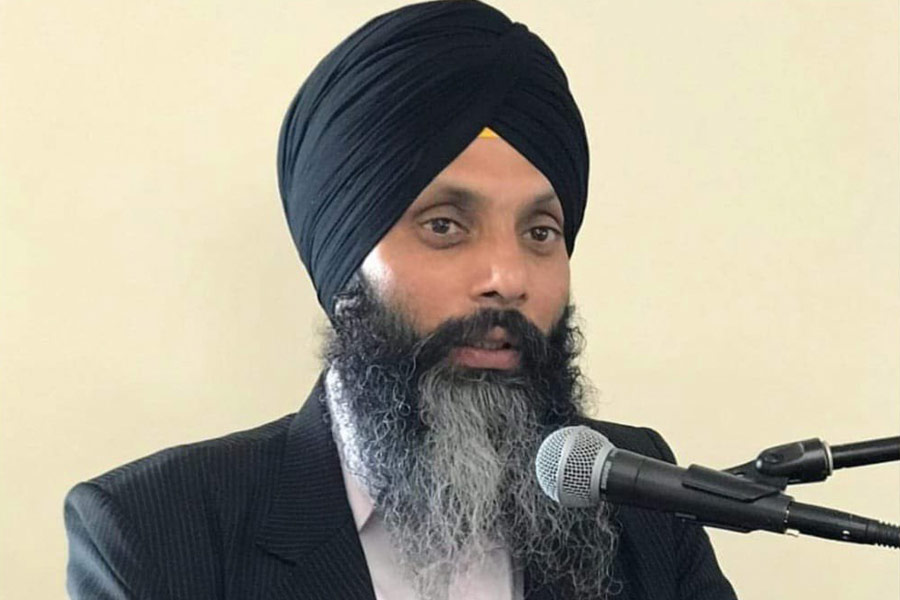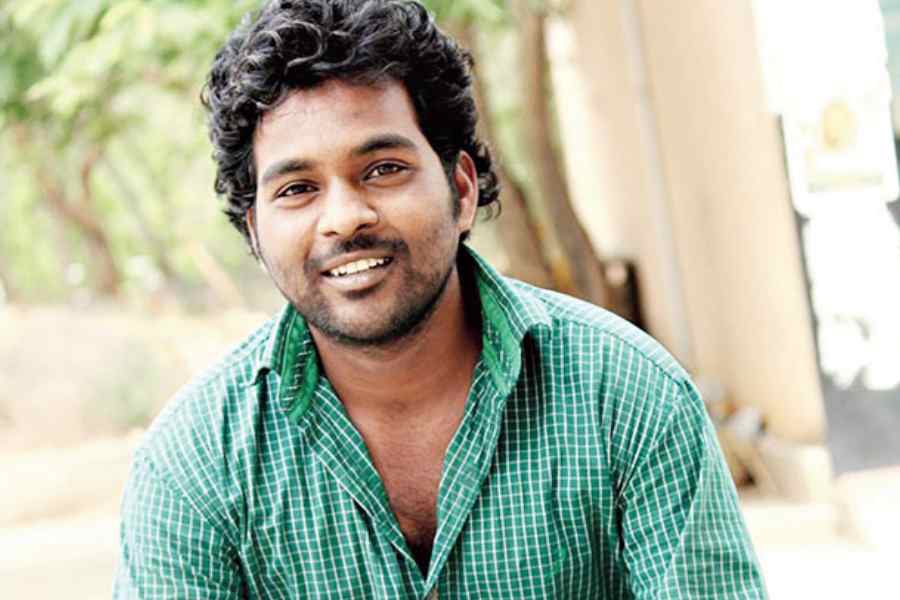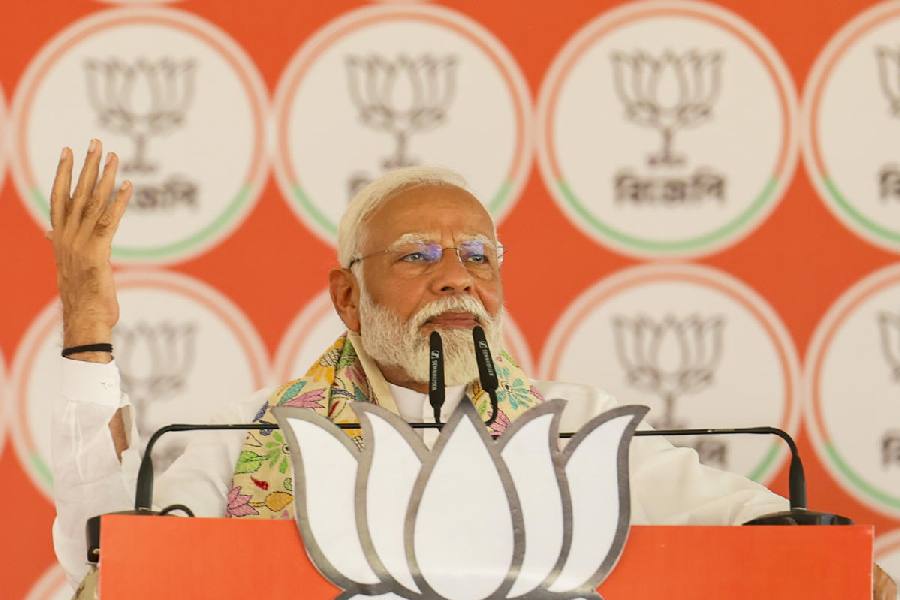One day in November, 2015, Saad Almadi typed out a 14-word post on Twitter about Saudi Arabia’s deputy crown prince.
“Mohammed bin Salman has taken over the economy, defen e and everything under the king,” he wrote, replying to a professor who is a fierce critic of the kingdom’s monarchy.
A Saudi-American dual citizen living in Florida, Almadi had little reason to believe his post would attract attention.
He was a retired project manager, not an activist, and his words were largely factual — Prince Mohammed had taken control of many of the levers of power since his father became king that year.
By 2017, he would push aside a cousin to become heir to the throne.
Yet the tweet resurfaced as evidence seven years later when Almadi, 72, was arrested during a visit to Saudi Arabia. Along with other Twitter posts he wrote that were critical of the Saudi government — and an “insulting picture” of Prince Mohammed saved on his phone — the tweet was cited as proof that he had “adopted a terrorist agenda by defaming symbols of the state” and “supported terrorist ideology,” according to court documents. His prosecutor requested a severe punishment, “to rebuke him and deter others.”
In October, Almadi was sentenced to 16 years in prison, lengthened on February 8 to 19 years after he appealed.
“My father is nowhere near being a dissident,” said his son, Ibrahim Almadi, describing him as an open-minded man who spent his retirement traveling, hiking and wine tasting. Now he is being held in Al-Ha’ir prison, a facility in the Saudi capital, Riyadh, that houses members of al Qaada alongside political activists. Saudi Arabia has always been an authoritarian monarchy with limited freedom of speech. But 10 years ago, Almadi’s Twitter account, which has fewer than 2,000 followers, might have prompted a warning or an interrogation.
Under Prince Mohammed, now Prime Minister, harsher punishments are being meted out to citizens who criticise their government, while the defendants on trial have become increasingly less prominent.
“The scope of oppression really is unprecedented,” said Hala Aldosari, a women’s rights activist who left Saudi Arabia in 2014 for a postdoctoral fellowship in the US and said she never felt safe enough to return.
Since then, Prince Mohammed has rendered the conservative Islamic kingdom nearly unrecognisable, setting in motion seismic changes — some of which activists like Aldosari spent years campaigning for. He launched an ambitious plan to diversify the oil-dependent economy and ended a slew of religious and social restrictions that many Saudis found suffocating.
Women, barred from driving until 2018, now work as Amazon delivery drivers, chief executives and ambassadors. Music, once effectively prohibited in public, thumps inside dimly lit restaurants where young couples flirt.
The gender segregation that shaped public life for decades has dissolved. At the same time, the modest space for political discourse has shrivelled.
“It’s a bittersweet moment in history, where you see the fruits of your mobilisation somehow yielded, but for the wrong reason,” Aldosari said.
“The people are being shut down or silenced in return for giving them certain rights.”
Since 2017, the Saudi authorities have arrested hundreds of public figures across the political spectrum, including Snapchat influencers, religious clerics, billionaires and several of the prince’s own cousins.
The killing in 2018 of the Washington Post columnist Jamal Khashoggi by Saudi agents in Istanbul, prompting international outrage, was the most dramatic example of a broader crackdown that has continued to deepen since his death. The authorities have paid special attention to Twitter, which is widely used in the kingdom.
Noura al-Qahtani, who ran an anonymous Twitter account, was among several people put on trial last year in relation to social media activity.
On her account, where she had roughly 600 followers, she called for anti-government protests, criticised some social liberalisation measures and wrote that Prince Mohammed was “not good enough to be a prince”.
After a court found her guilty of “challenging the faith and justice of the king and the crown prince” and “supporting the ideology of people who strive to disturb public order”, among other charges, she was sentenced to 13 years in prison.
On appeal, she pleaded for mercy, saying that she was nearly 50 and had five children to take care of, according to a copy of her verdict.
Instead, the panel of judges lengthened her sentence to 45 years in prison.
New York Times News Service

